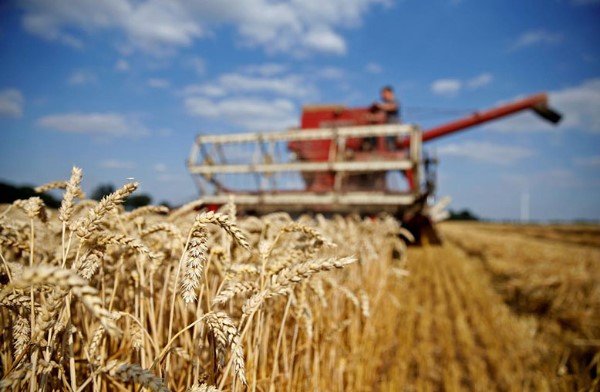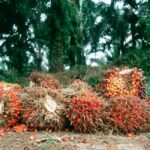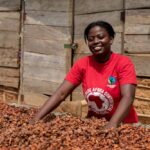An essential ingredient in bread and pastries, wheat is among Nigeria’s key imports. In 2023, wheat was the third most imported commodity in Nigeria.
Nigeria consumes an estimated 6 million metric tonnes of wheat annually but produces barely 63,000 metric tonnes, according to the Central Bank of Nigeria (CBN).
In 2024 it was reported that the country spent over $3billion on wheat imports, a figure that continues to strain foreign reserves and contribute to the rising cost of staple foods.
Central to this shortfall in production have been environmental limitations. Wheat thrives in cooler climates, which means that production was traditionally restricted to dry-season irrigation in the northern states of Kano, Borno and Jigawa.
However, with erratic rainfall, high input costs and limited access to irrigation infrastructure, large-scale cultivation has become fiendishly difficult.
The result of this has been a rise in the cost of bread and pasta. Wheat flour costs increased by over 94.29% between 2023 and 2024, while the price of a loaf of bread rose by nearly 115.74%, according to the National Bureau of Statistics.
A shift towards rain-fed wheat production
Now, the government is changing the narrative with the National Rain-Fed Wheat Production Programme, which encourages farmers to cultivate wheat not only in the dry season but also during the rainy months.
This approach unlocks new frontiers for cultivation in regions such as the Jos Plateau, Mambila Plateau and Obudu Plateau. These regions have moderate temperatures and high altitudes.
The initiative aligns with the broader food security and job creation agenda, aiming to reduce dependence on imports and stabilise local markets. By expanding production to both irrigated and rain-fed systems, Nigeria can potentially double its output within a few seasons, moving closer to self-sufficiency.
The grain serves as a key raw material for flour mills, bakeries, and beverage industries, supporting thousands of jobs nationwide. Increased domestic production will mean more affordable bread and flour-based products, reduced import dependency, and new employment opportunities across multiple sectors.
A major boost to this effort comes from the Lake Chad Research Institute (LCRI), which has developed new, climate-adaptable wheat varieties suited to Nigeria’s soils and changing weather patterns.
These improved seeds promise higher yields and shorter maturity periods, which are essential traits for year-round farming.
To support farmers, the government has pledged access to certified seeds, tractor hiring services (THS), fertiliser subsidies, and post-harvest support through Commodity Exchange Markets (CEXM) to ensure fair pricing.
Achieving wheat self-sufficiency will require more than expanded cultivation—it demands strong logistics, credit access, extension services, and value-chain coordination.
Farmers need training in sustainable agronomic practices, while infrastructure such as silos, irrigation systems, and farm roads must be upgraded.
Partnerships with research institutions, development agencies, and private investors will also be critical in scaling up production and ensuring continuity beyond pilot projects.
Nevertheless, the new national initiative is proof that Nigeria can feed itself and support its industries with homegrown resources.
Summary not available at this time.






